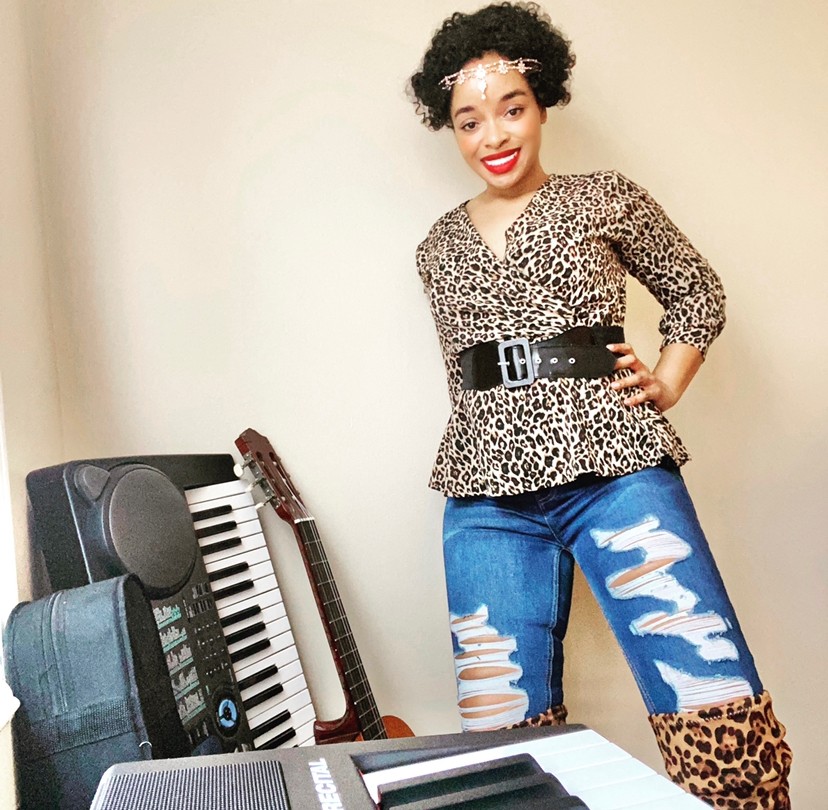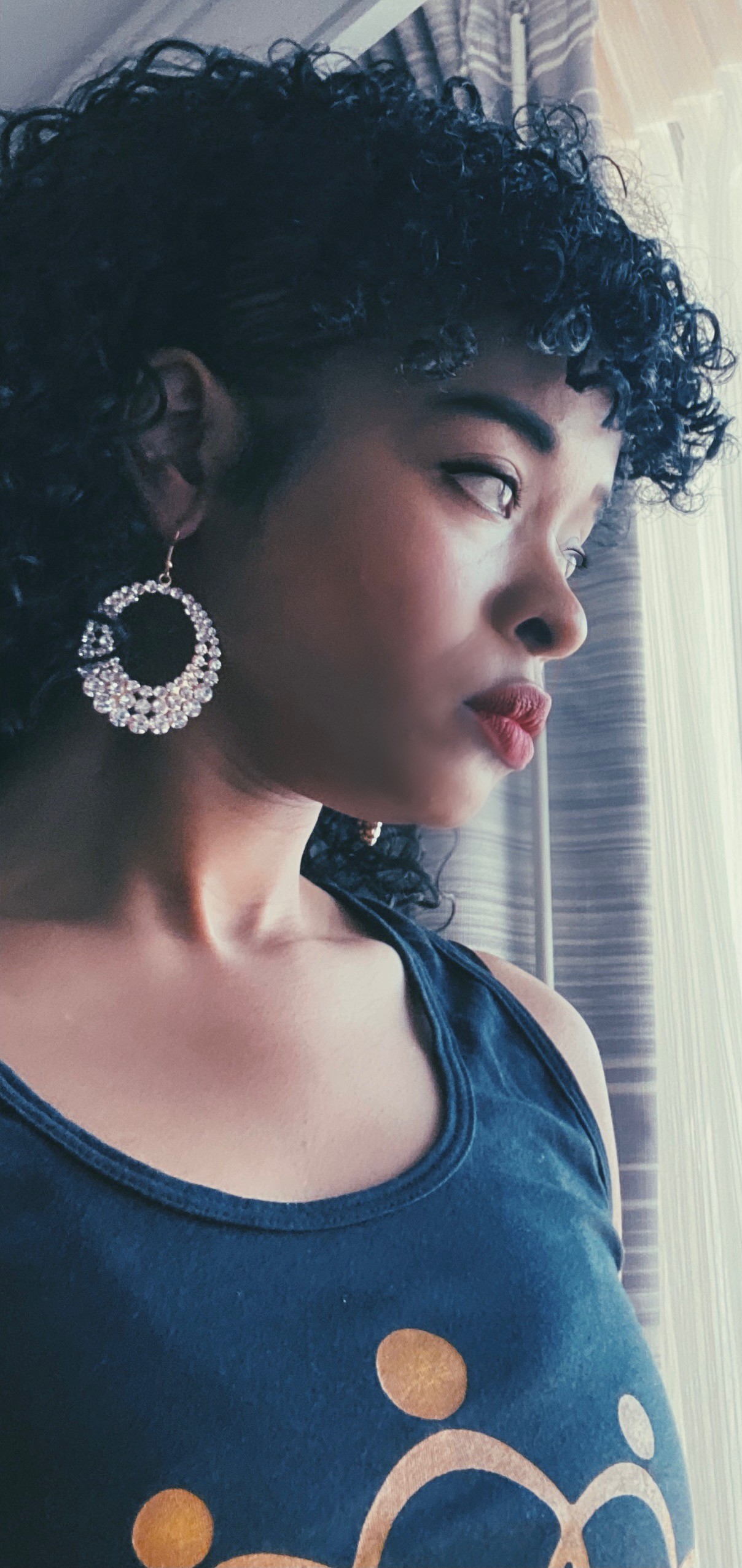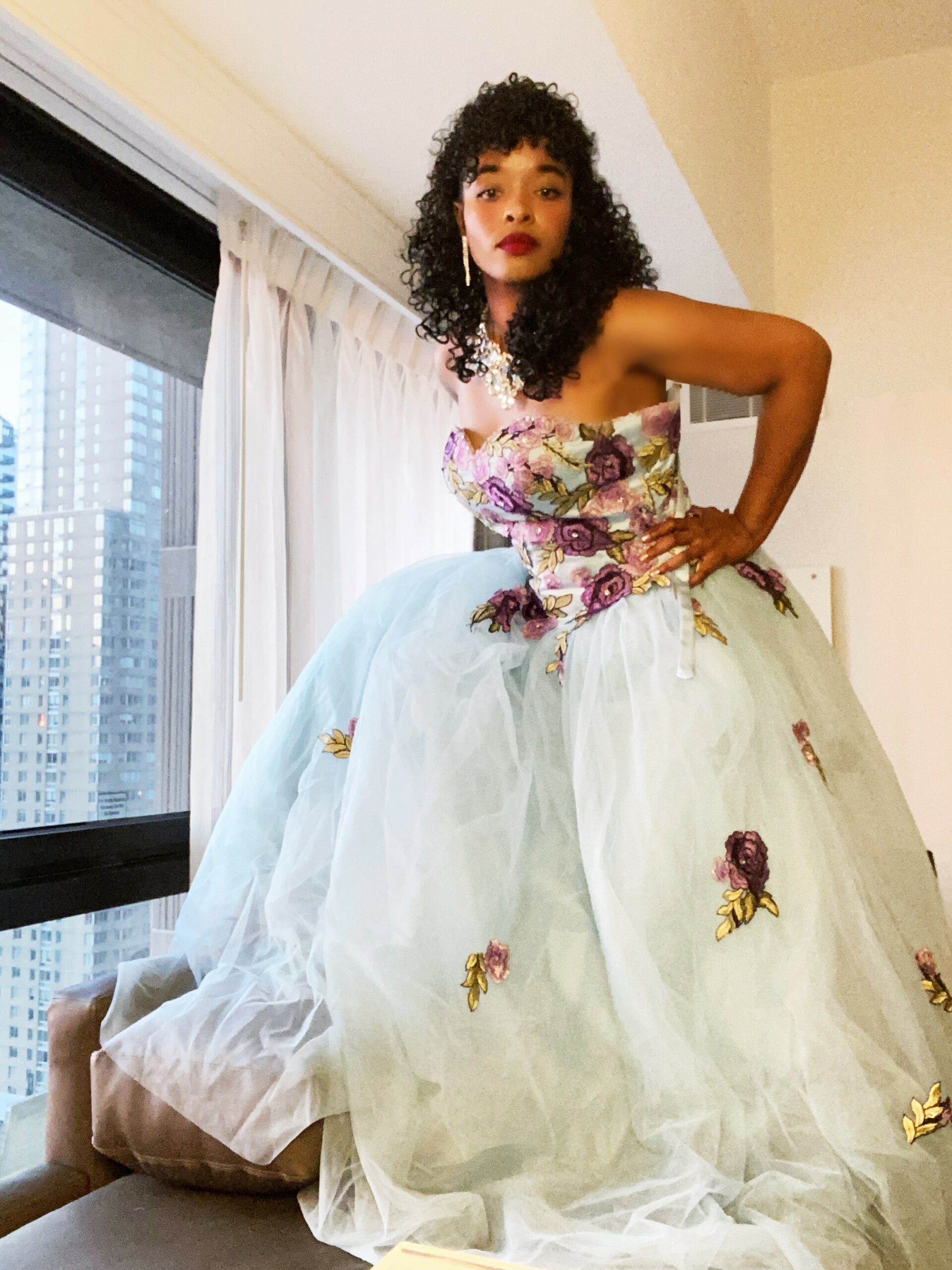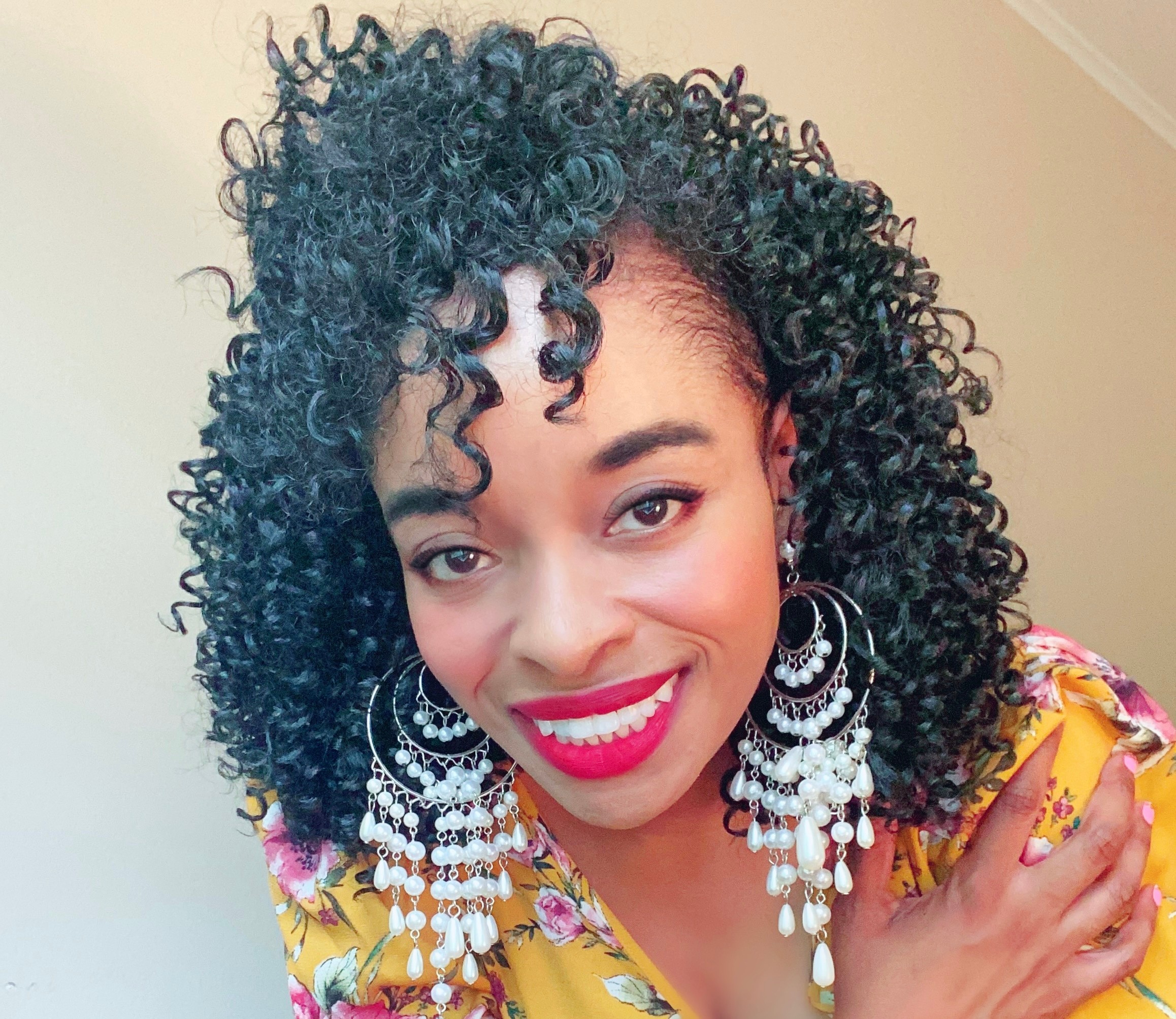We’re excited to introduce you to the always interesting and insightful Aurelia Gooden. We hope you’ll enjoy our conversation with Aurelia below.
Aurelia, so good to have you with us today. We’ve got so much planned, so let’s jump right into it. We live in such a diverse world, and in many ways the world is getting better and more understanding but it’s far from perfect. There are so many times where folks find themselves in rooms or situations where they are the only ones that look like them – that might mean being the only woman of color in the room or the only person who grew up in a certain environment etc. Can you talk to us about how you’ve managed to thrive even in situations where you were the only one in the room?
This is a skill that I had to perfect early in life. I have been involved in biological sciences, material science, classical music, and various types of engineering. These are primarily male-dominated fields. Because of this, I have experienced adversity.
Sometimes, it is assumed that I am incompetent in these areas. However, in such situations, I just continue to demonstrate my knowledge and focus on my interest and contributions rather than the reactions of others.
Nonetheless, the most prominent issue in these situations is envy. This problem is something that should be discussed, but it is the “elephant in the room”. Women sometimes envy other women in these situations because they have become accustomed to being one of a few who are successful in a male-dominated field. Men sometimes are envious toward successful women because of stereotypes that suggest that women should be incapable of obtaining technical knowledge and there is some resistance toward women who shatter those stereotypes.
In any case, I survive both issues by continuing my ambition to remain a technical leader, resolving to continue to make contributions to the field of science, and remaining involved in the performing arts.
Thanks for sharing that. So, before we get any further into our conversation, can you tell our readers a bit about yourself and what you’re working on?
I am involved in understanding intelligence and maximizing the usage of the brain. I think that the brain is capable of much more than the average person realizes. I also believe that the manner in which intelligence is measured is faulty because, with some exceptions, mostly quantitative measures are used to define levels of intelligence.
I am the founder of The Amygdala IQ Society, which is the first high IQ society specifically for women. This organization allows the consideration of qualitative and quantitative methods to define, identify, and measure intelligence. I am looking forward to increasing the amount of members this year. If anyone wants to be considered for membership, the easiest way to begin the process is to contact me by e-mail.
Looking back, what do you think were the three qualities, skills, or areas of knowledge that were most impactful in your journey? What advice do you have for folks who are early in their journey in terms of how they can best develop or improve on these?
It is important to avoid considering any goal to be unattainable. I have been accepted to seven doctorate degree programs and I made the decision to enroll in two of the programs. If I had considered any of these programs to be unattainable, I would not be finishing my dissertation right now.
It is important to aggressively pursue any opportunities. I was fortunate that I learned to read at the age of two and I was reading at a twelfth-grade level by the age of three. This afforded me the opportunity to be moved ahead a grade when I started school. I continued to excel in school and completed my courses in high school so quickly that I entered my senior year at the age of fifteen.
Unfortunately, due to my age and some administrative problems, I was advised to remain in high school an extra year and to graduate just after turning seventeen. I reluctantly accepted this, but in hindsight, I wish that I had stood up for myself. Now, I am not as quick to acquiesce if I believe that there is an opportunity to pursue.
It is important to try things more than once. There are some talents that are apparent at birth. There are other talents that must be developed through hard work and perseverance. Both types of talents are important; it is important to express the talents that are given upon birth as well as those that are created through practice and application.
All the wisdom you’ve shared today is sincerely appreciated. Before we go, can you tell us about the main challenge you are currently facing?
It is important to me to have an outlet for intellectual discussion and stimulation in every area of my life. It is very difficult for me to have repetitive, mundane tasks in any area of my life. I have to participate in activities that challenge me.
It is difficult to find such an outlet in many areas, so I have to create challenges for myself. This includes challenging myself to learn a lot of languages, to create a different style of music, or to try something different in the performing arts.
Contact Info:
- Linkedin: https://www.linkedin.com/in/lavandarrie
- Youtube: https://m.youtube.com/channel/UCkDsmI9LxM0MTcVNO_W_hJw








